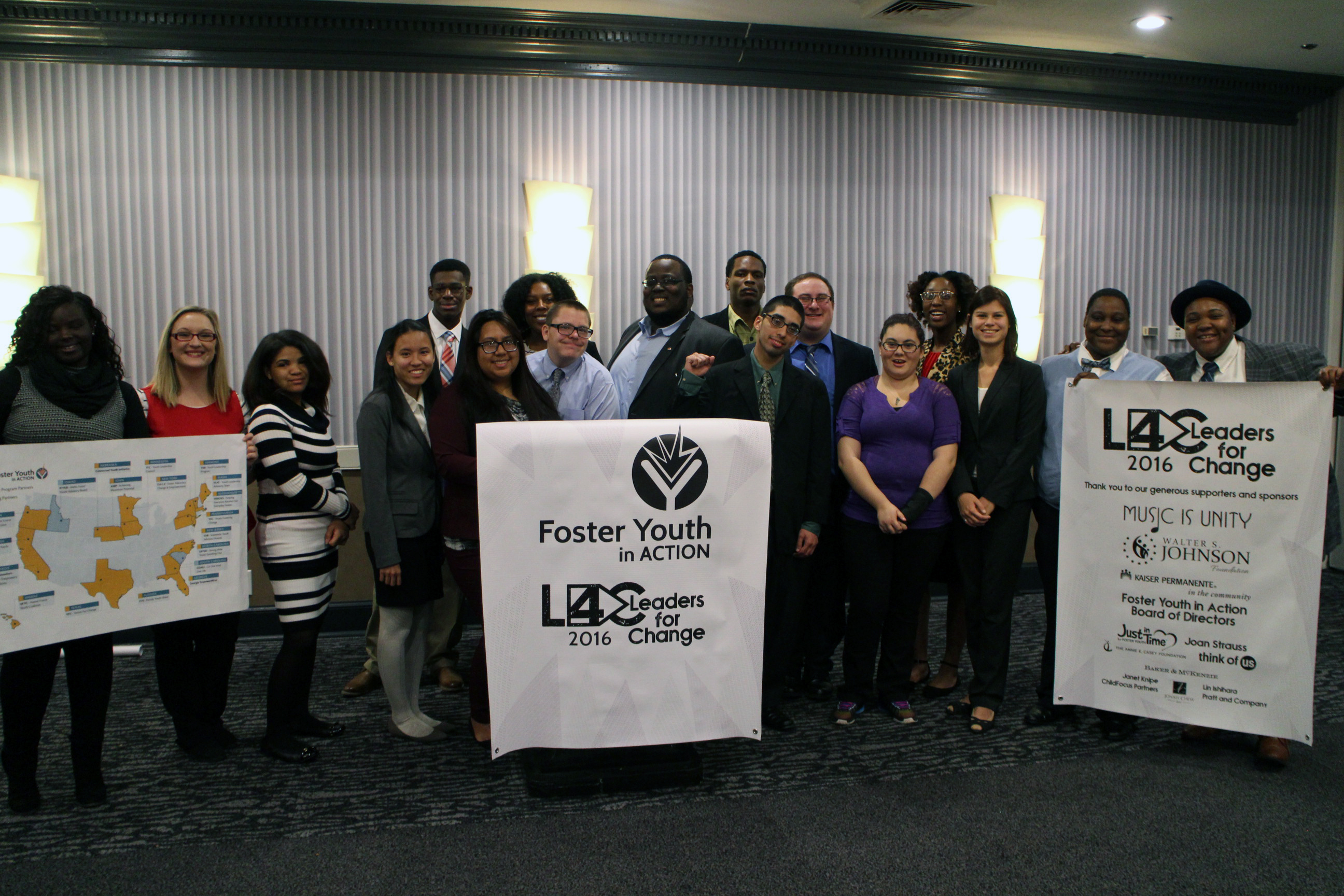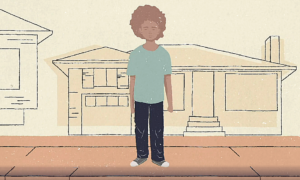WASHINGTON — Foster youth sometimes get the chance to respond to lawmakers’ child welfare agendas. They may be invited to testify at a hearing or to stand onstage at a press conference.
But they don’t often set the policy agenda. A group of current and former foster youth wants to change that dynamic.
This week, nearly 100 current and former foster youth representing more than 20 foster advocacy organizations are in Washington to make the case for the foster care reforms they think are most important.
Based on a survey of more than 500 current and former foster youth in more than 25 states, they’ll stress to policymakers the importance of policies that maintain sibling connections, prevent homelessness, ensure college access and success and help former foster youth live independently.
Those four areas emerged as the top priorities from the nonscientific survey administered to youth, as well as to nearly 200 adult professionals, foster parents, social workers and others by Foster Youth in Action, a grassroots network of foster youth-led organizations.
The survey found that 52 percent of respondents ranked seeing their siblings as a top priority, while 47 percent said the same about preventing homelessness, 46 percent about college access and 44 percent about living independently.
Serena Skinner, a member of the California Youth Connection, said siblings are an important source of comfort and companionship, as well as a motivation to strive for achievements such as graduating high school or college.
“This need to have siblings present goes beyond just having siblings by our side. It can push a youth to better themselves and to want the very best for themselves,” she said at a press conference announcing the survey results.
In a year when the federal legislative conversation about foster youth has been dominated by concerns about funding levels and congregate care, these priorities offer a different way of looking at the day-to-day needs of foster youth, said Matt Rosen, executive director of Foster Youth in Action.
“What we do – that we think is flipping the script — is to raise up the voices and priorities of young people,” he said.
The visits to lawmakers are part of a larger conference that brings together youth from across the country. The conference and the broader network behind it aim to be a youth development strategy to encourage leadership and strategic planning, Rosen said.
“It’s a way to build family, to build connections, to develop a sense of your own power,” he said.
Jamal Kelly, a member of Georgia EmpowerMEnt, said he is proud to represent his peers in Washington and to show lawmakers that foster youth can succeed and have valuable input about how to improve the system.
“It’s an honor, simply because I can destroy those myths about foster youth,” he said.
Further survey results
The survey results show similar priorities across the states with some interesting outliers. For example, reducing reliance on group homes ranked 15th of 18 priorities among all survey respondents but third among those in Georgia.
The survey also found that priorities varied based on age. While seeing siblings was the top priority overall for all respondents, foster alumni who were older than age 31 ranked it lower than those who were ages 13 to 17.
Conversely, healing from trauma ranked higher among older foster youth alumni than younger teenagers still in care.
Rosen said the findings will help guide discussions with former and current foster youth about the state and federal reforms they hope to pursue.





























